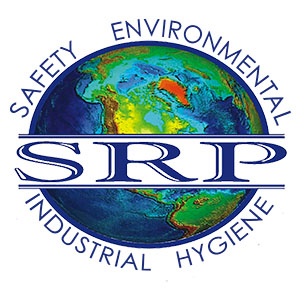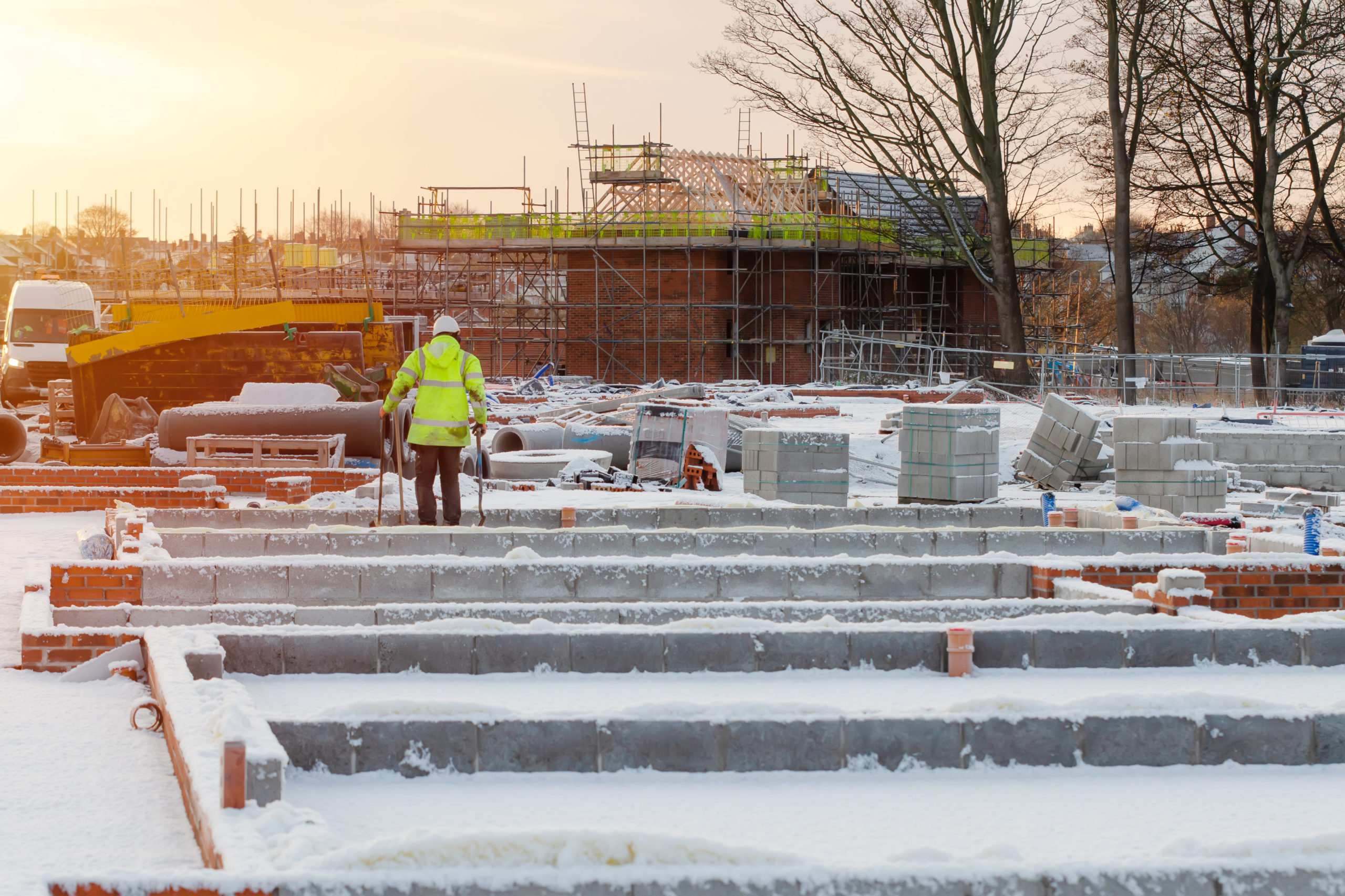Recently, the Bureau of Labor Statistics, released statistics from 2012 on work related fatalities in the oil and gas industry. 2012 saw 26 fatalities, double the 13 fatalities in 2011 and the 12 fatalities each in 2010 and 2009. A significant rise in statistics such as this is a point of concern for this massive industry.
The second half of the 20th century was a time of increasing concern and awareness of the importance of safety training. Safety procedures and policies were put in place by individual company owners and then as best practices developed they evolved into government monitored regulations overseen by organizations such as OSHA (Occupational Safety and Health Organization). These efforts drove fatality statistics down
Why Have Fatalities Increased?
Perhaps the doubled fatality rate of the most recent 21st century labor statistics are due in part to the influx of new oil and gas professionals in the recent waves of oil and gas booms. An NPR special last year noted this trend. With rapid growth, employers struggle to provide adequate training to the waves of incoming personnel. Additionally, updating the knowledge of oil and gas veterans with refresher courses may be postponed or seen as a lower level priority.
Educating oil and gas professionals with proper safety training is essential for keeping the number of work related fatalities low and for continuing to drive them even lower. With effective safety programs in place, work sites can function at higher levels of production efficiency and employees can feel confident and comfortable at work.
SafeLand Training
SRP Environmental offers cutting edge Safeland training programs to prepare oil and gas professionals for fieldwork with a basic safety orientation. The safety program also includes a way to extend their awareness through further core compliance programs.
The one-day safety orientation program, developed in 2010, is an offshoot of the SafeGulf volunteer group whose mission is to standardize the safety orientation process for the U.S. Offshore E&P Industry. SafeLandUSA
RigPass Training
As far back as 1940, the International Association of Drilling Contractors, a membership program for oil and gas professionals, has facilitated training programs and conferences for networking and sharing information.
Among SRP Environmental’s training programs is the RigPass training program on essential safety procedures and regulations for new oil and gas professionals that it accredited by SafeGulf and SafeLandUSA.
“IADC’s RigPass ® program is an accreditation system delivering a standardized safety orientation program for new employees, preparing the employees for almost any operating environment, at almost any site, onshore or offshore.”
Like the SafeLand course, RigPass Is a one-day safety class and upon completion, students receive a RigPass card. This safety course fulfills a requirement for all oil and gas professionals involved in “exploration, production, drilling and/or refining work for any of the leading operators.”
Changing for the Better
Recent standardization of safety orientations and refresher course, along with the work of regulatory agencies such as OSHA over the last few decades are helping to ensure the safety of oil and gas professionals through quality education. The more diligent employers are in their approach to training and the more conscientious employees can be about safety has a direct impact on minimizing oil and gas fatalities.
Visit SRP Environmental’s SafeLand page for details on what the course offers.
To sign up or request information, find a location near you .

 ">
">
 ">
">